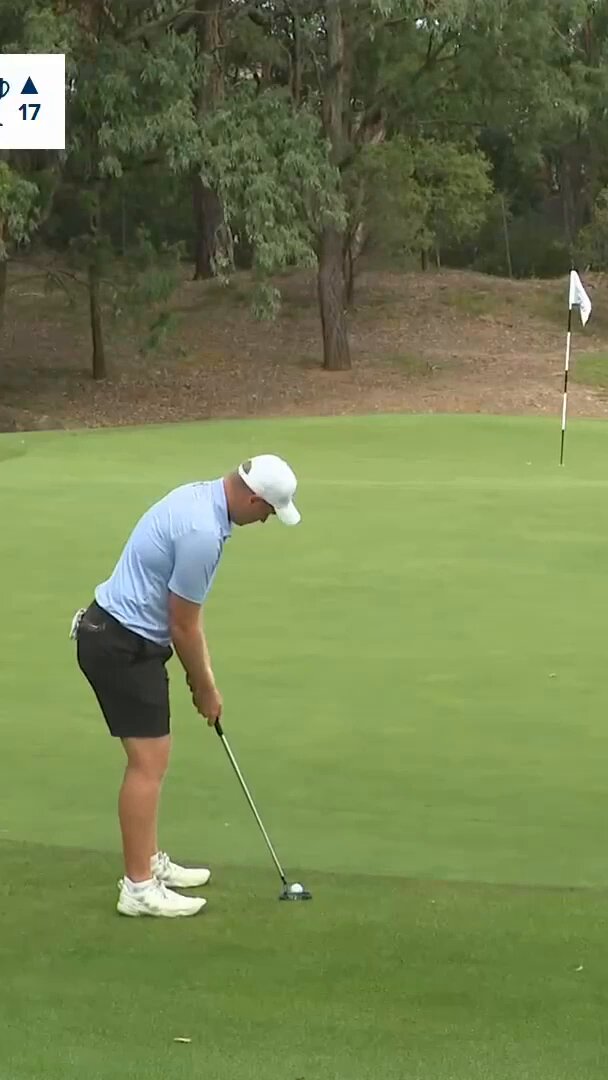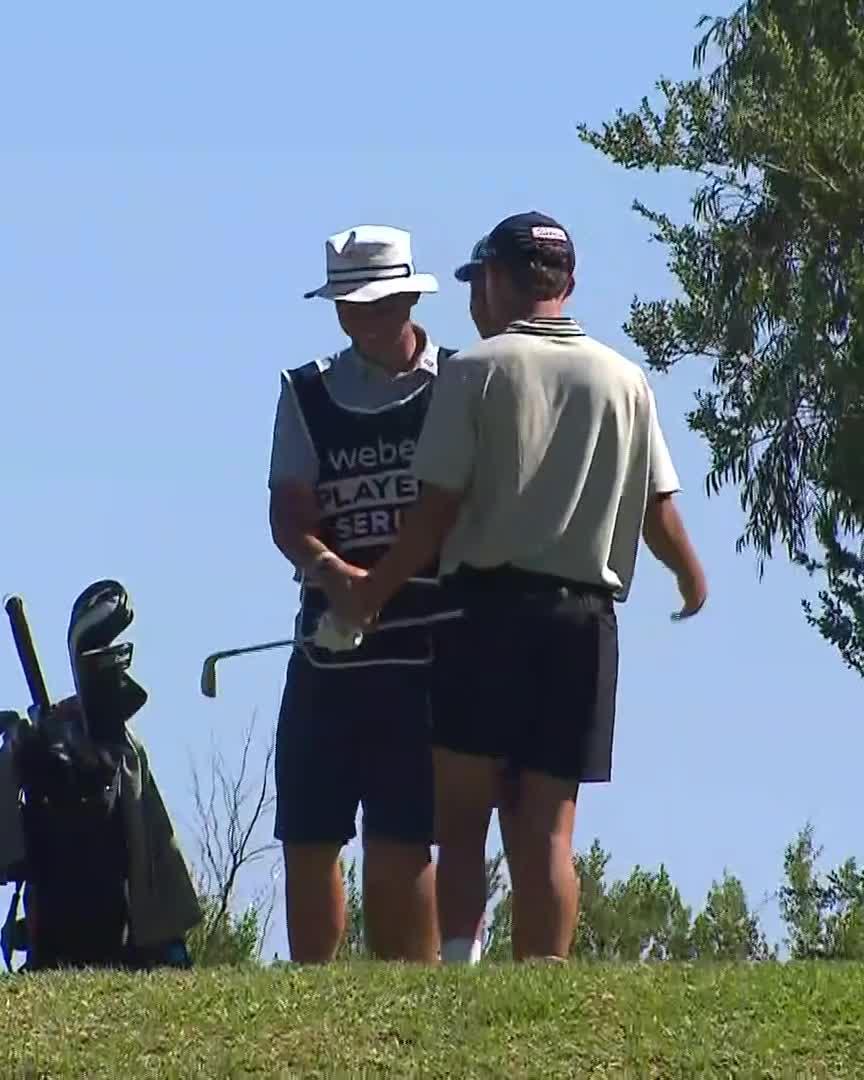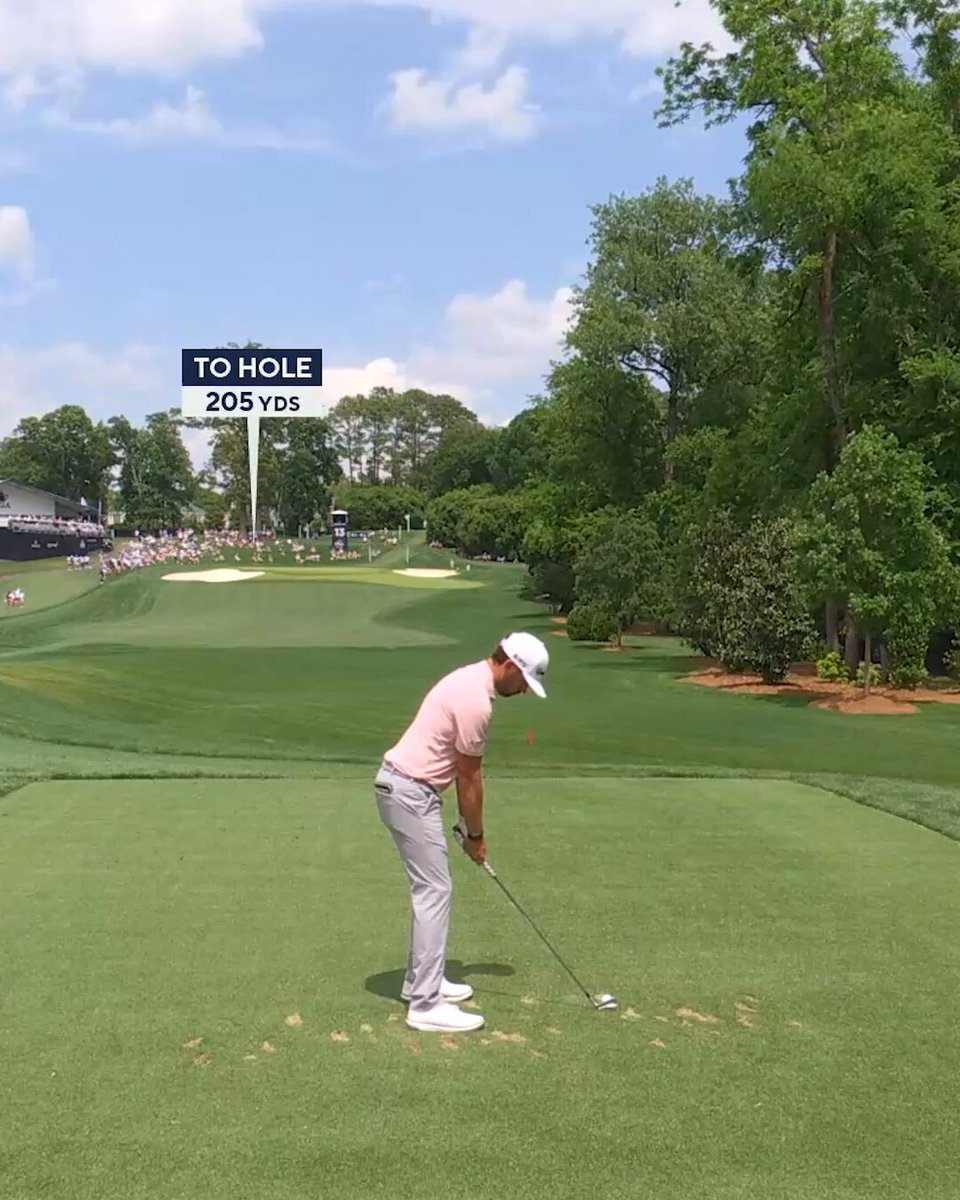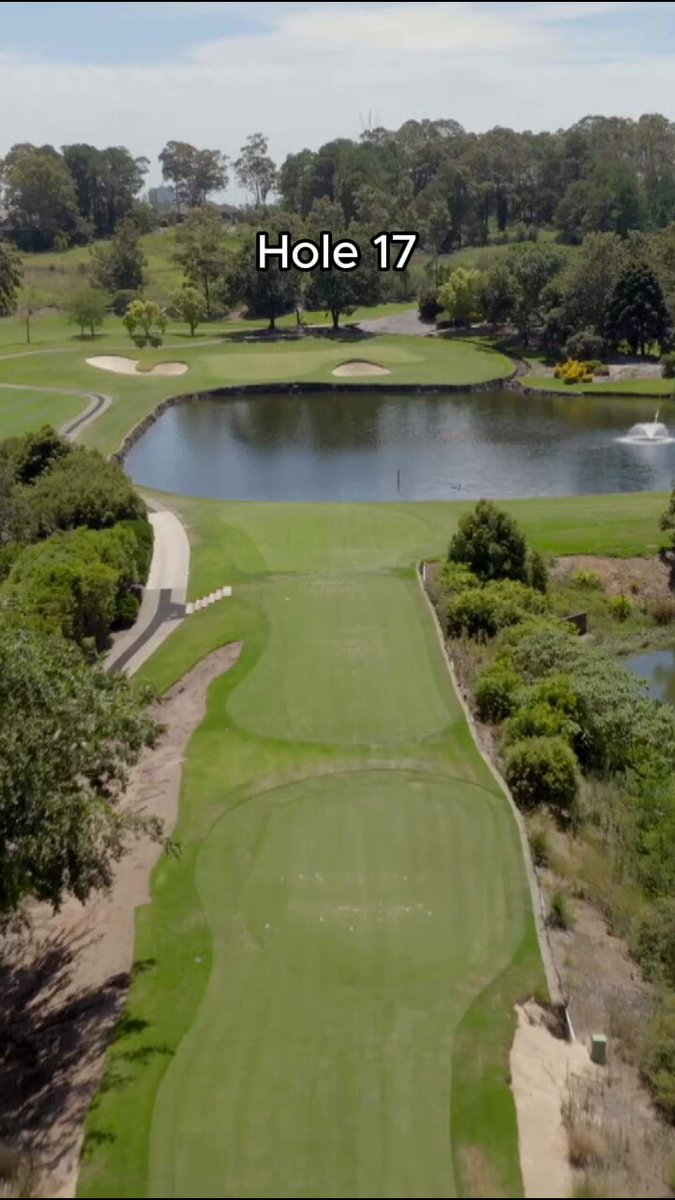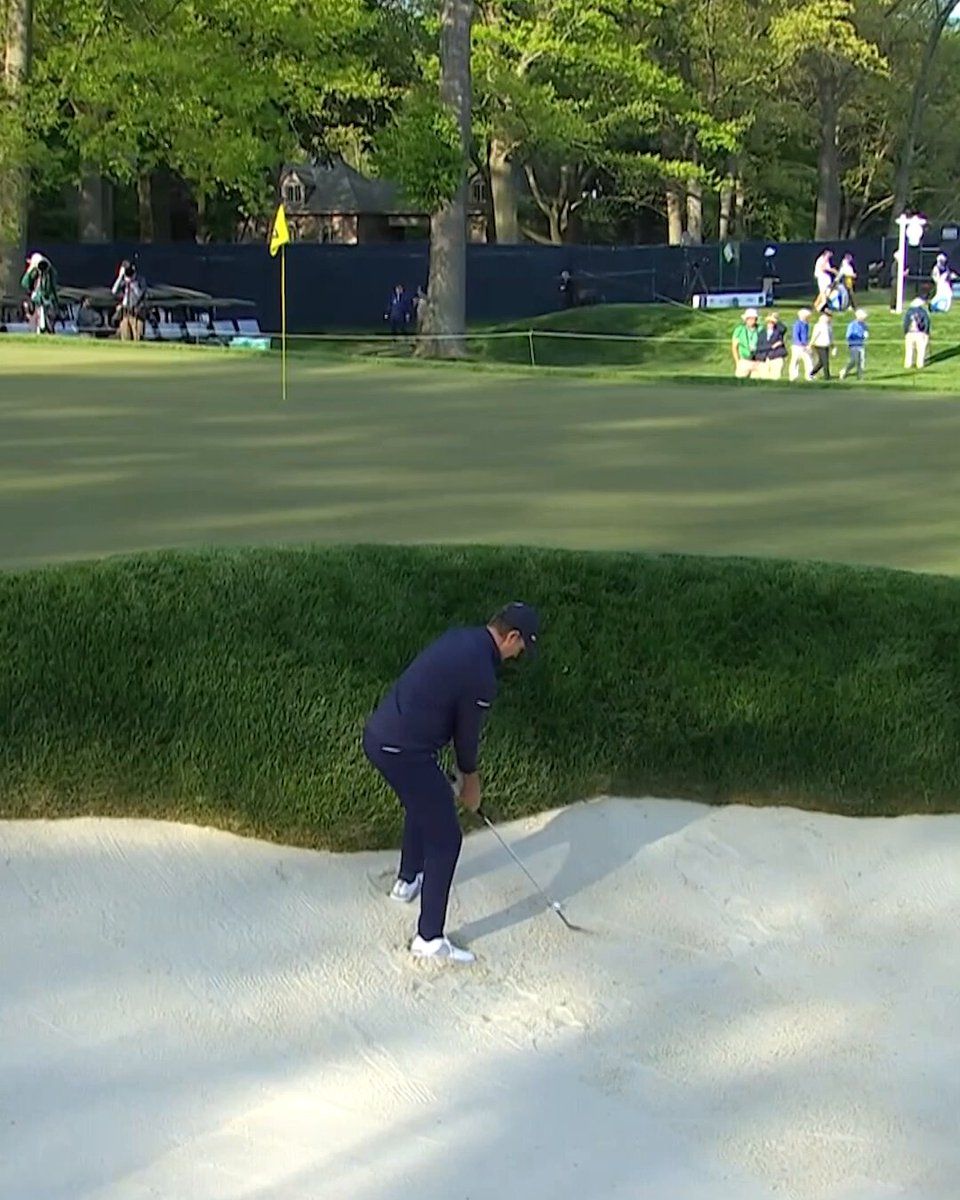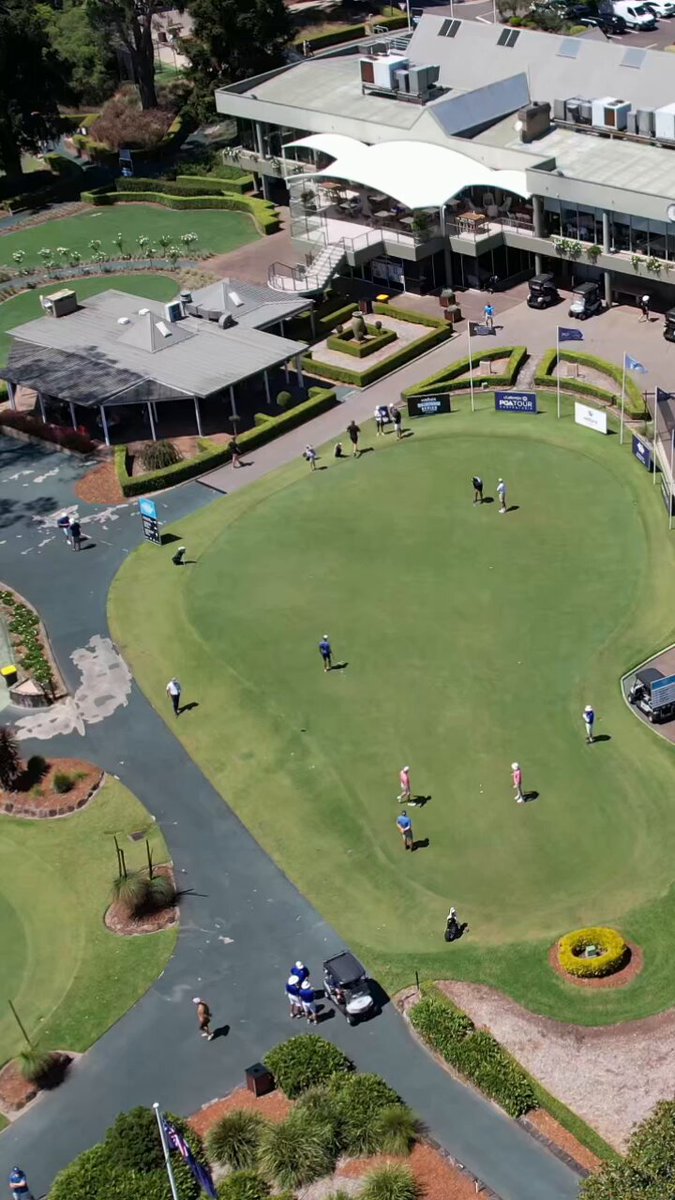Nick Voke demonstrated exceptional skill and composure during the recent Webex Players Series, pulling off a remarkable walk-in eagle that caught the attention of golf fans worldwide. The shot highlights Voke’s ability to perform under pressure and adds an exciting moment to the tournament.
